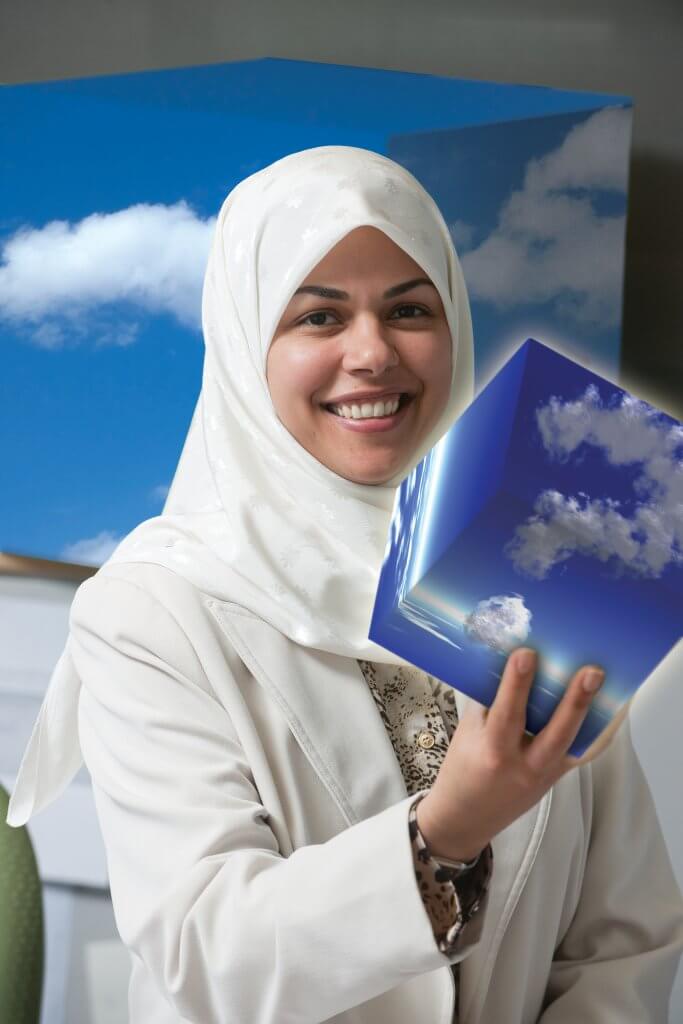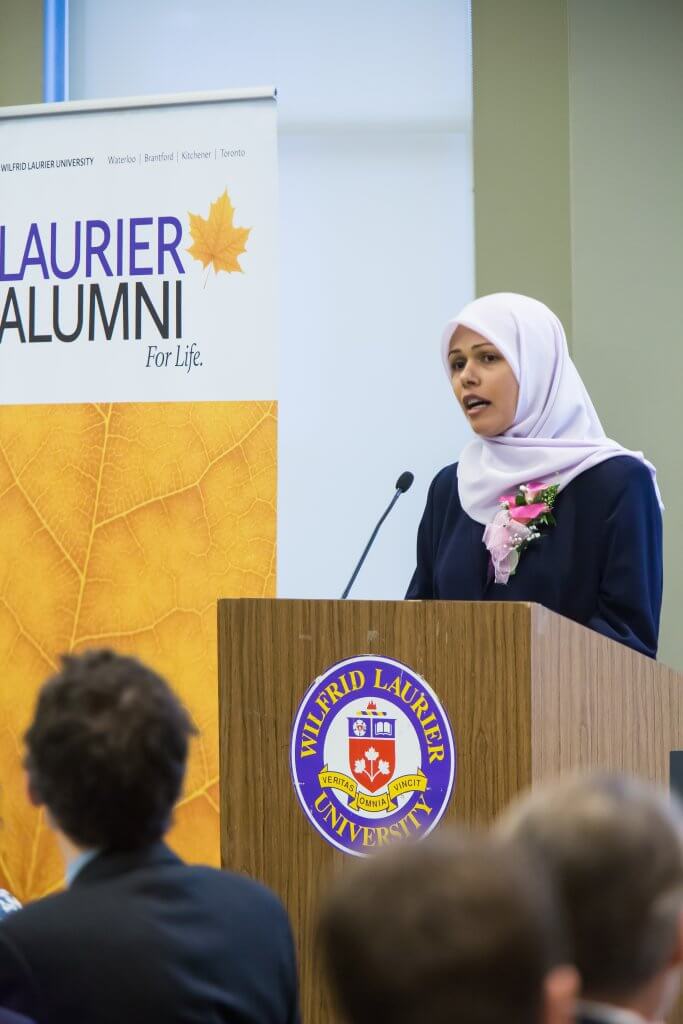
Cities drive global warming, but change is possible
-By Hind Al-Abadleh-
Urban areas around the world are responsible for more than two-thirds of global greenhouse gases. At the same time, the impacts of climate change are becoming increasingly dire. What can cities do to effect long-lasting, sustainable transformation?
This article was first published on De Gruyter Conversations on 5 July 2022.
Earlier this year, the Intergovernmental Panel on Climate Change (IPCC) released its latest assessment, which makes it clear that humans are the primary cause of global climate change. The report also states that no region in the world will be spared from its impacts: more intense and frequent weather extremes, wildfires, floods, and droughts.
One specific chapter in the report, “Linking global to regional climate change,” emphasizes the contributions that cities are making to climate change. In fact, metropolitan regions around the world consume two-thirds of the world’s energy despite occupying only 2% of its landmass, which translates to more than 70% of global CO2 emissions. That’s why climate change solutions must begin in cities with engagement from citizens and local governments.
Engagement and Partnership

In May 2022, I participated as a speaker and panelist in the Cities as an Engine for Environmental Change symposium at the Forum for Global Challenges, organized by the University of Birmingham. The invited speakers and panelists shared their insights into this theme, addressing topics such as strategies to improve air quality, approaches to achieving net-zero carbon emissions, the drivers of urban health, and ideas from economics that link environmental health improvements with wealth creation.
The sessions demonstrated that cities have the tools to address the challenges they are facing in the post COVID-19 world. Scientific evidence, policies, regulations, and investments from the public and private sectors matter immensely. Governments at all levels need to invest in complex systems thinking to manage crises and learn from their own responses to the COVID-19 pandemic. Overall, the cost of not taking any action to mitigate and adapt to climate change will be much higher than the cost of action at all levels.
Another important takeaway from attending this forum was that we can no longer afford to work in silos. For cities to benefit from their investments in climate action, they must enter into partnerships and engage the community as soon as possible. We need to create new funding ecosystems at the city level that incentivize collaboration on evidence-based projects between scientists from different disciplines, industry, and local governments. These projects must be designed to have significant and tangible social, economic, environmental, and health impacts. They also need to engage with community members and address their experiences in their neighborhoods.
For example, several studies have shown that racialized and low-income communities are often disproportionately exposed to environmental risks and are located in neighborhoods with fewer green spaces. When poor health and low income are major stressors in people’s lives, those people are less likely to be open to participating in climate action initiatives. Therefore, engaging them in meaningful and respectful ways that acknowledge their immediate concerns becomes crucial in order to clarify the connections between air quality, green spaces, human health, the green economy, consumer behavior, the government’s role, and carbon emissions.
When engaging with communities from different social groups, experts need to learn from the members of low income and marginalized communities to be able to foster proactiveness, support, and optimism in adapting to the impacts of climate change and enhancing their resilience.
Education is key

As an academic scientist, my lab research and teaching experience in environmental chemistry is motivated by scientific measurements and modeling of the impact of human activities on natural systems and human health. As an educator, I care about creating and passing on technical knowledge to future generations of scientists. In this context, I supervise student research projects that demonstrate how chemistry is key to solving environmental challenges related to air and water pollution, and the impacts of climate change.
It is also important to me to communicate scientific knowledge to the public in a timely manner. In the past, I have given presentations to children and seniors to raise awareness of air quality, environmental issues, and misconceptions about chemistry, and to encourage behavioral change at the individual and community levels. Educating people about these issues and what each one of us can do to reduce our carbon footprint is the first step in creating scientifically literate citizens prepared to address this existential threat to our civilization.
Today, I’d like you to make a resolution to educate yourself about where we are now as a human civilization and where we need to go.
The last two years have shown the world how effectively scientists can work together. In the shortest time, they developed new vaccines and designed new tools and technologies to detect airborne pathogens, purify indoor air, and quantify outdoor air quality improvements because of the lockdowns. We have also seen decision-makers at various government levels implement evidence-based policies and regulations that acknowledge the latest scientific findings on issues with societal impact.
Equipped with the science of which we are aware at this point in history, coupled with educated citizens and political leaders, our generation has unique opportunities to build a new future for humanity that is just, resilient, and more in harmony with nature. Let’s not let this opportunity pass us by.
Dr. Al-Abadleh is a Full Professor in the Department of Chemistry and Biochemistry and Research Ambassador for the Environments and Sustainability at Wilfrid Laurier University. She is currently the Chair of Atmosphere-Related Research in Canadian Universities (ARRCU), a special interests group of CMOS.
